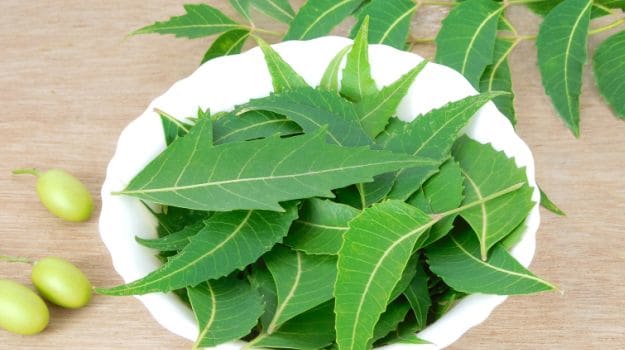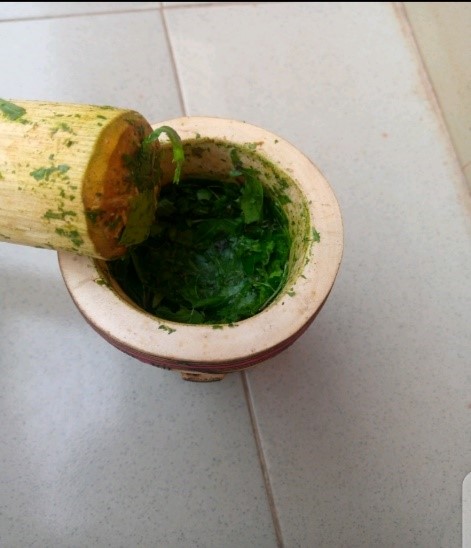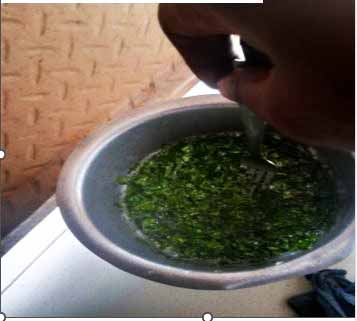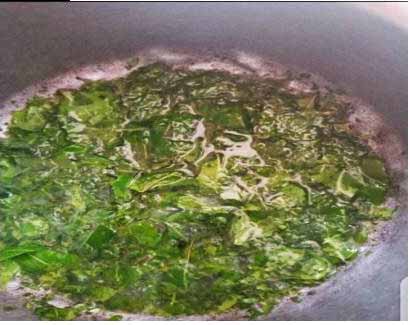By Jovita Mirembe
According to Dr. Henry Galiwango a lecturer and researcher at Makerere University’s School of Education, the research he did shows that spraying plants with organic pesticides is more healthy than using artificial pesticides .
He says that using organic pesticides prevents the farmer and final consumer of edible plants from catching deadly diseases like cancer that has a large evidence of exposure to artificial pesticides.
Galiwango says that Neem oil is one of the organic pesticides that generally works well on all plant types, ranging from houseplants,herbs, flowering plants to vegetables.
He says that however, before applying neem oil to your plants for the first time, it’s advisable to test it out on a single leaf.
‘Check for any signs of stress on your plants after hours of using the mixture. It’s generally better to avoid the usage of neem oil on baby plants or transplants as they’re in the tender stage of growing. Neem oil is extracted primarily from the seeds or leaves of the neem tree. The extracted oil is diluted with water and applied to plant leaves to control diseases and pests such as aphids, caterpillars, mealybugs, leafhoppers, or spider mites on your plants. Besides being a natural and mild insecticide, neem also has medicinal properties and is largely used in personal care products’ Galiwango says.
Below are the steps to make Neem oil at home
Step 1
Detach your neem leaves from the branches

Step 2
Wash the leaves thoroughly with clean water to get rid of any dirt and allow the leaves to drain in a sieve or spread on a flat surface.

Step 3
After drying, put them in a mortar and pound them. OR put them into the blender and blend into tiny pieces and transfer them into a container

Step 4
To the container add your carrier oil such as cooking oil, or any oil of choice, to cover the leaves.

Step 5
Put water in a saucepan on top of a burning charcoal stove .
Step 6
Bring in the container having the blended neem leaves; to which you have added oil. Pour the contents into the saucepan on charcoal stove. .
Step 7
Continue boiling and stirring until the colour of the leaves changes or fades while the oil takes the greenish colour of the neem leaves. Once this occurs, your oil has been infused with the nutrients in the leaves.
Step 8
Remove from heat and drain using a fine strainer.

Step 9
Your Neem oil is ready for use; it can be stored in a clean dark bottle.
Step 10
Most essential oils such as neem oil are unstable when exposed to light; it may not work optimally if you place in direct sunlight. Neem oil therefore should be stored in a dark place.





